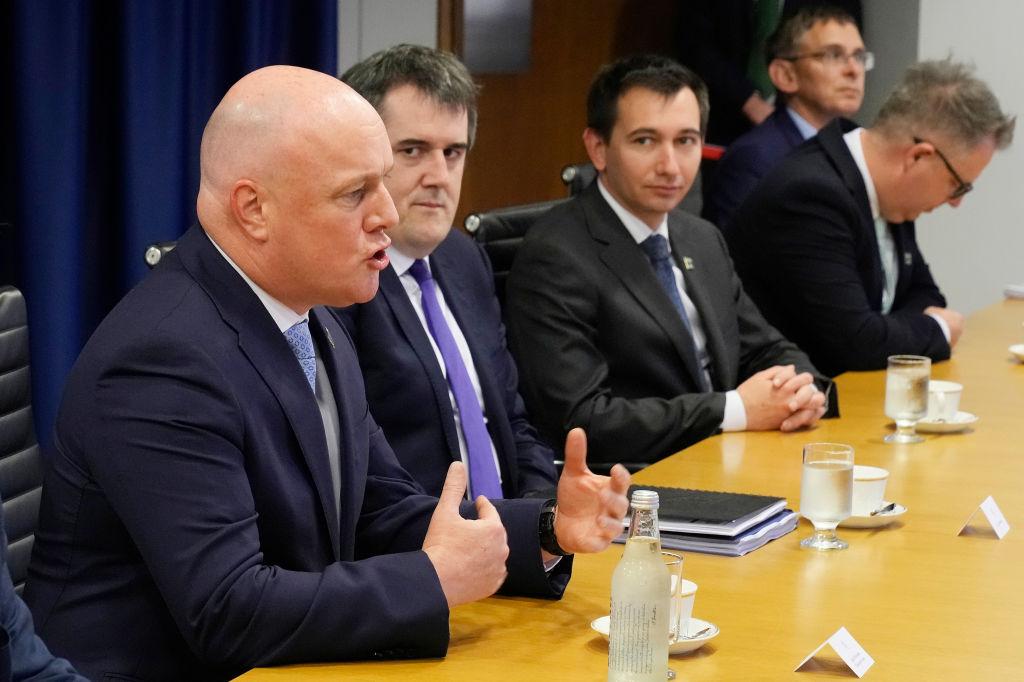New Zealand Prime Minister Christopher Luxon has arrived in Australia ahead of his first official trans-Tasman bilateral meeting with Australian counterpart Anthony Albanese.
Speaking to reporters in Sydney, he flagged AUKUS—and security and defence generally—trade, and the resumption of deportations of so-called “501s” (New Zealanders who’ve committed crimes in Australia) as being among the issues he was keen to discuss.





